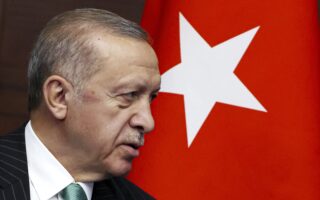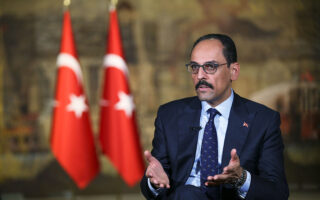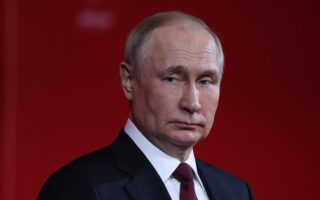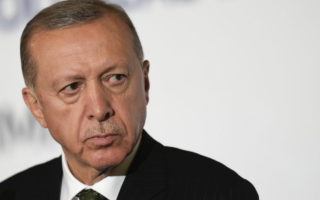Erdogan’s mad dash to the polls
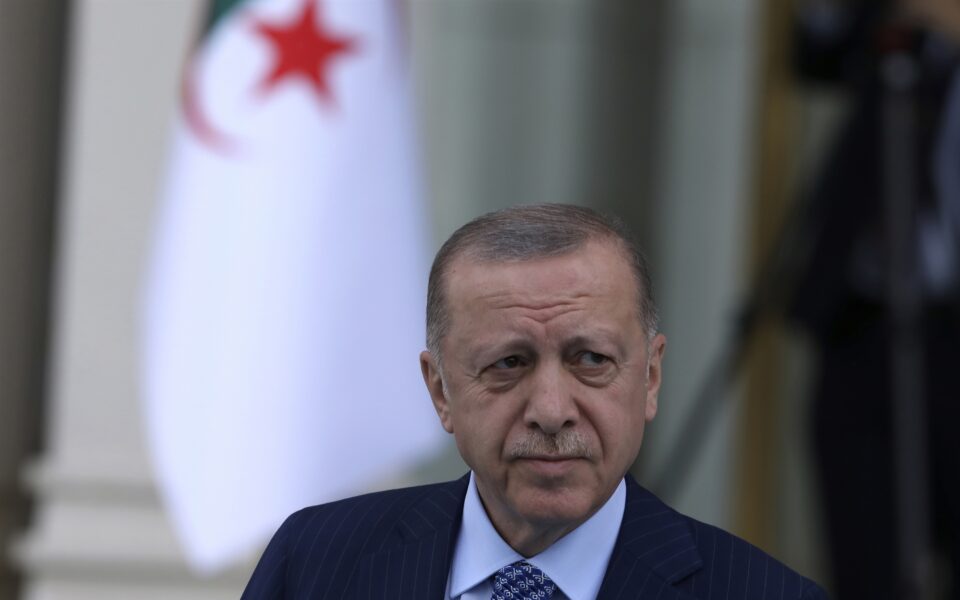
Without having planned it, Greece and Turkey will be marching to the pace imposed by each country’s upcoming general elections in the first half of this year. As a rule, politicians focus their campaigns on domestic issues that mainly affect voters, leaving diplomacy aside. The current campaign, however, seems to be an exception, as the timing of the elections casts more clouds of uncertainty and alarm over Greek-Turkish relations, which are going through a particularly tense period as a result of Ankara’s actions.
This uncertainty does not only derive from the peculiarity of the power vacuum that will emerge in Greece until the second round of elections is complete, as it is almost certain that due to the system of proportional representation no government will emerge from the first round. It is mainly due to the international turmoil caused by the Russian invasion of Ukraine and the special circumstances under which Turkish President Recep Tayyip Erdogan is fighting his own electoral battle.
The election is not just another test for the Turkish president but a real battle for survival. His possible defeat will not only mark the political end for him and the network of power he has built around the “palace,” but it is also likely to lead to criminal charges being brought against him.
With the severe economic crisis seriously damaging his popularity, Erdogan is certain to continue playing the nationalist card until the end, with Athens as his main target
With the severe economic crisis seriously damaging his popularity and with the younger generation having turned their backs on him, Erdogan is certain to continue playing the nationalist card until the end, with Athens as his main target. In fact, considering that he is unable to rally voters by using the economy as a weapon, despite the extensive handouts, it becomes increasingly likely that playing the nationalist card will gain even more traction.
Until early last week, the most likely scenario in Turkey was that Erdogan would try to postpone the election beyond June by invoking a state of emergency. However, on Monday the ruling party spokesman essentially announced snap polls on April 30 or May 14, possibly at the same time as Greece. One plausible explanation for bringing the vote forward is that Erdogan’s announced wage hikes and the retirement of millions of Turks will make his economic policies unsustainable in the long term.
Another, more sophisticated and cynical explanation is that the Turkish president wants the escalation of his pre-election campaign to coincide with the second round of voting in Greece, which will likely have a caretaker government in the interim. In any case, his unpredictable character does not bode well for Greece, and this is something that the party leaderships in our country should take into account.

